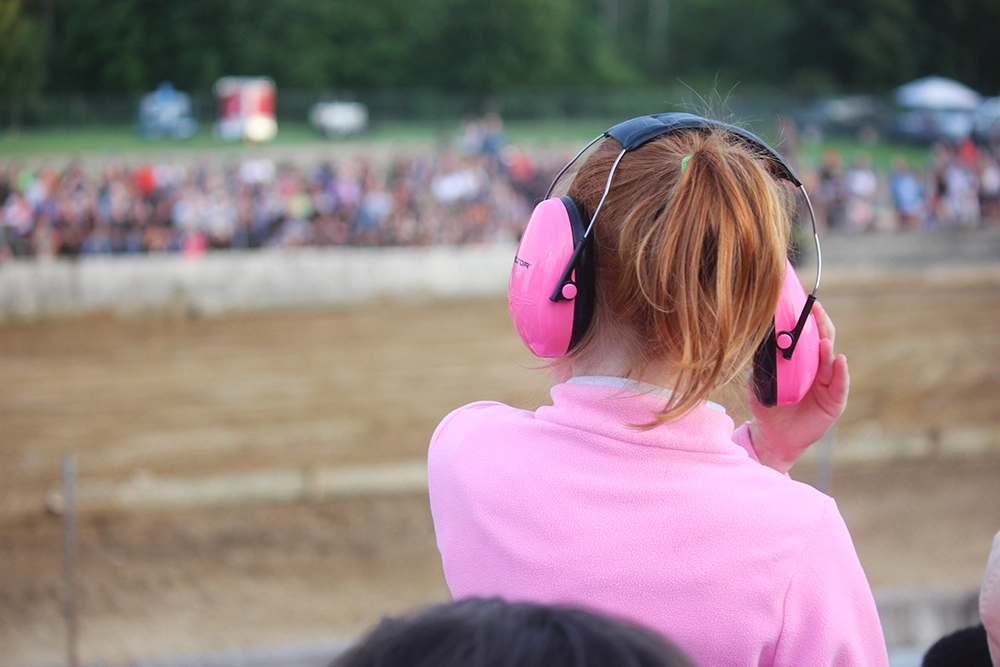
Noise-induced hearing loss (NIHL) is one of the most common forms of hearing loss. In fact, according to the Centers for Disease Control and Prevention (CDC), 40 million Americans have NIHL. As the name suggests, this condition is caused by exposure to loud noises. It can be incurred from proximity to a loud event, such as a gunshot, or by being exposed to loud sounds over an extended period of time. Noise induced hearing loss is permanent, but thankfully, it’s also preventable. In this article, we will look at the most common causes of NIHL and provide tips on how to protect your hearing around loud noises.
How Loud is Too Loud?
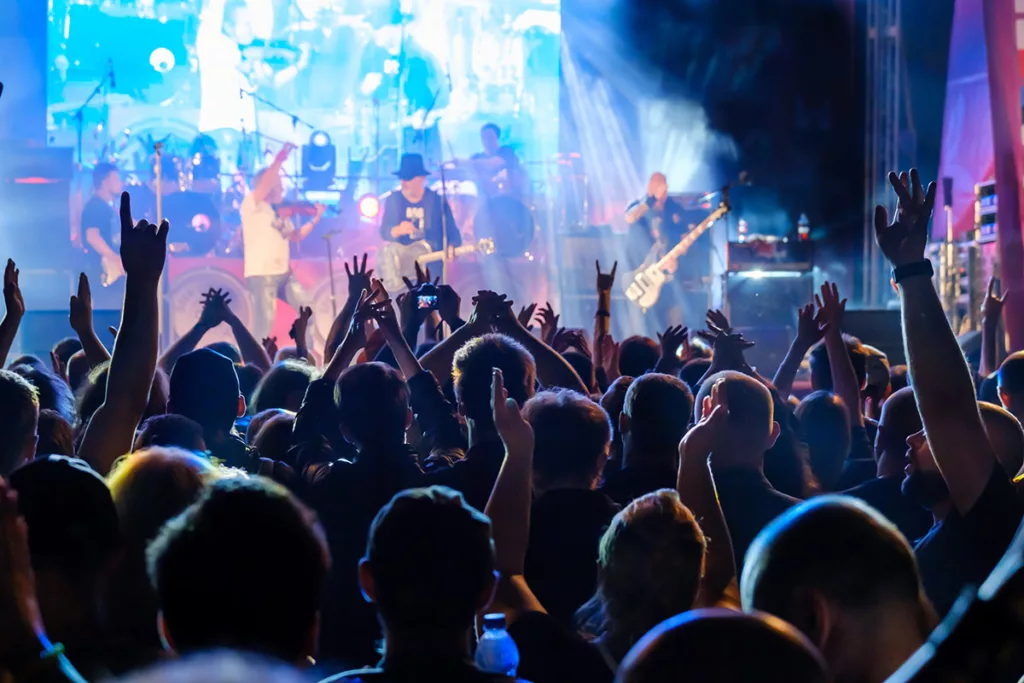
To protect your hearing from loud noises, understanding how loud is “too loud” for your ears is essential. Sound intensity is the amount of sound energy that passes through a particular area over a certain period of time. It is most commonly measured in decibels (dB). The higher the decibel, the louder the sound is. However, human ears are not equally sensitive to all wavelengths of sound, so how intense the sound waves are and how loud they seem will not always be the same thing. Since it’s not exactly practical to carry around a decibel meter, (although there are apps for smart phones), we can use some common sounds as benchmarks to estimate the degree of noise to which our ears are being exposed. For instance, a soft whisper is around 30 dBA, a gas-powered leaf blower is around 82 dBA, and a siren at close range is 120 dBA.
It’s also important to remember that it’s not just about how loud a sound is. The duration of the exposure also matters. Exposure to some levels of sound can cause damage instantly, while others have a more cumulative effect.
Prolonged Exposure to Noise Over 70 Decibels Can Cause Hearing Loss

When sounds are measured according to how they are received by the human ear, they are measured in a-weighted decibels, or dBA. Determining risk comes down to a calculation, which includes the dBA level, duration of exposure, and frequency of exposure.
The following table outlines how long it can take specific dBA levels to start affecting your hearing, according to the CDC.
| Average Decibels (dBA) | Typical Effect on Hearing | Example |
| 69 dBA and quieter | No effect on your hearing for any length of time | Normal conversation, refrigerator hum |
| 70 dBA | Can damage your hearing after 8 hours of exposure | Washing machine, dishwasher, strong wind |
| 80 dBA | Can damage your hearing after 2 hours of exposure | Loud restaurants, gas-powered lawn mowers, garbage disposals |
| 90 dBA | Can damage your hearing in less than 1 hour | Motorcycles, power drill, blender |
| 100 dBA | Can damage your hearing in 15 – 20 minutes | Music or Sporting events, using personal listening devices at maximum volume |
The examples are estimates from various sources, and many factors can affect them, such as your distance from the sound. When you add the duration and frequency to the estimated dBA, you can see how important it is to be proactive and take measures to protect your hearing by avoiding or limiting your exposure.
Noise Over 100 Decibels Can Cause Instant Hearing Loss
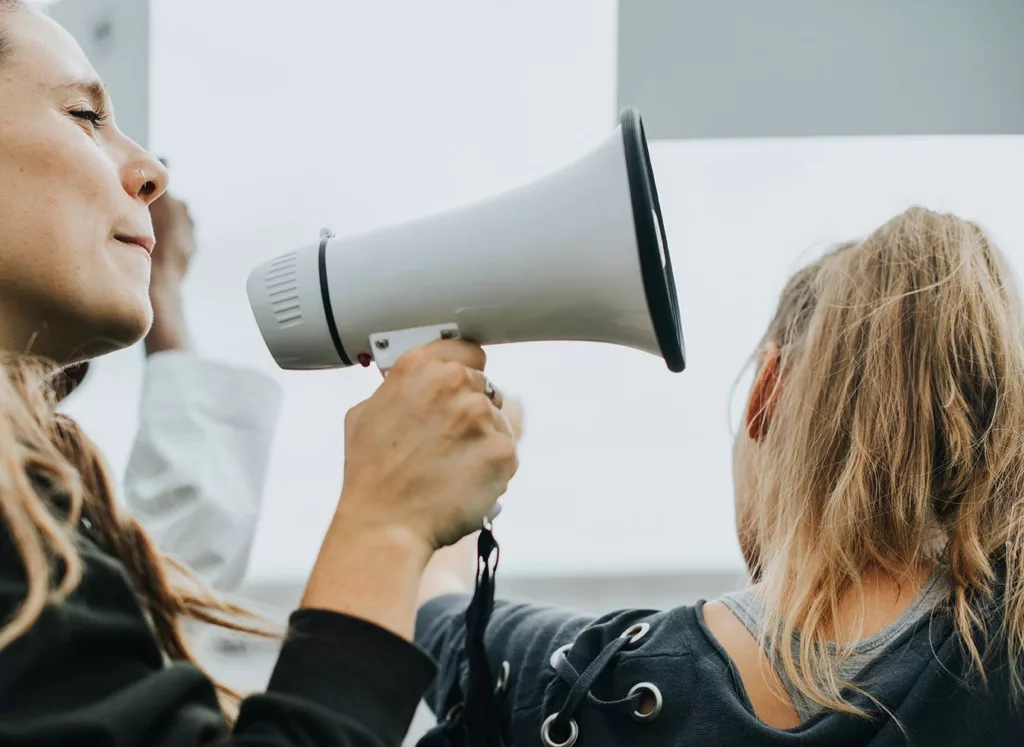
Extreme sound levels, beyond 105 dBA, can damage your hearing and your inner ear almost instantly. It’s important to do whatever you can to avoid these loud noises to preserve your hearing. The table below outlines how long it can take for higher dBA levels to start affecting your hearing, according to the CDC.
| Average Decibels (dBA) | Typical Effect on Hearing | Example |
| 105 dBA | Can damage your hearing in less than 5 minutes | Loud venues such as bars, nightclubs, or music concerts |
| 110 dBA | Can damage your hearing in less than 2 minutes | Shouting, screaming, or barking directly in the ear |
| 120+ dBA | Instant damage and pain | Standing next to sirens or alarms, fireworks, gun shots, firecrackers |
How to Prevent Noise Induced Hearing Loss (NIHL)
NIHL can be caused in many ways, and in many different environments. However, knowing the sounds to avoid can help you strategize, so you can protect yourself from noise-induced hearing loss. Though some loud-noise exposure cannot be predicted, many of the dangerously loud sounds can be either avoided, limited, or reduced.
Protect Your Hearing Every Day
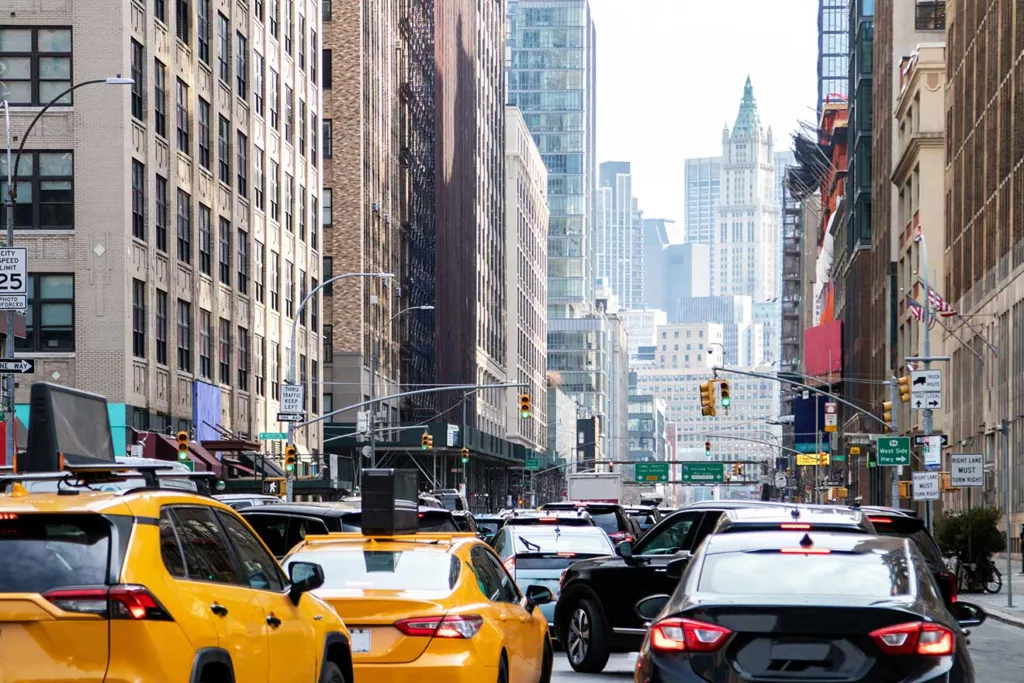
Everyone experiences loud noises at some point, and they aren’t always avoidable. When you start thinking about your hearing health, you may be surprised to learn how damaging some sounds can be to your hearing quality. Fortunately, there are plenty of easy ways to protect your hearing every day and reduce your risk of hearing loss. Here are some tips to get you started:
- Use louder home appliances for shorter periods of time
- Start appliances like the dishwasher before going to bed
- Wear ear protection while using loud tools or appliances
- Keep your earbuds/headphones and stereo system at a safe volume
- Keep your car windows rolled up in traffic, and on busy roadways
- Avoid areas like loud construction sites when walking
- Keep earplugs handy at home, work, and in the car (however, it is unsafe, and in some states, illegal to use them while driving)
Protect Your Hearing in Loud Environments
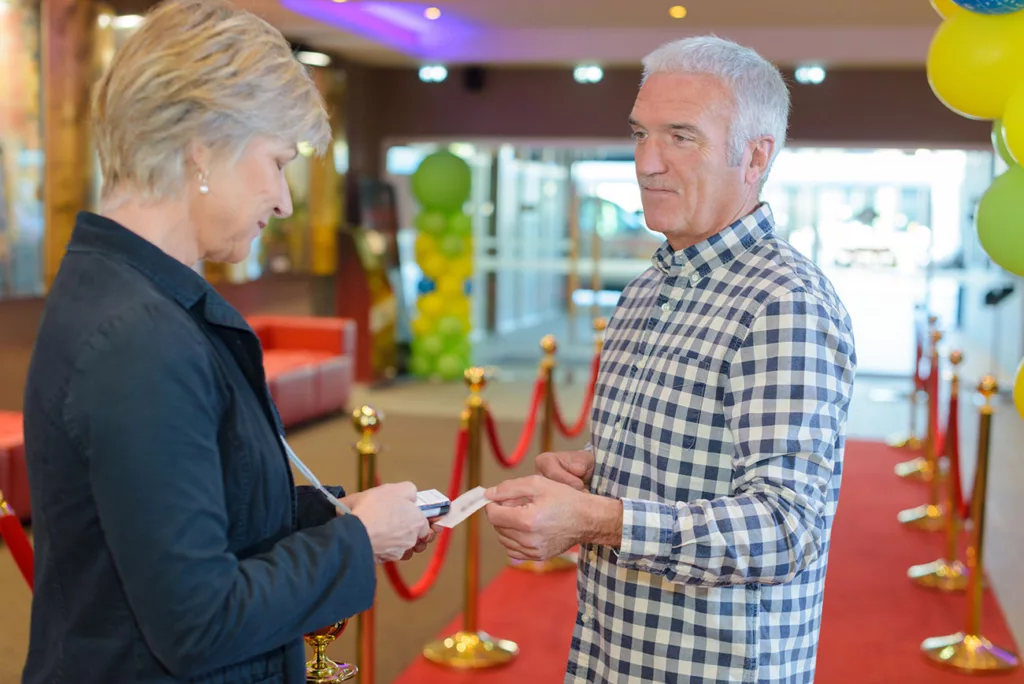
In addition to the everyday noises, many loud environments like sports or music events can also put your hearing at risk. Even if you don’t find yourself in these types of places often, the best way to prevent noise-induced hearing loss is with proper hearing protection. While enjoying entertainments such as concerts, sporting events, nightclubs, or parties, you can still put your hearing health first and have fun. Here are a few suggestions for protecting your hearing in these loud environments and situations:
- Block the noise: Wear properly fitted earplugs or earmuffs
- Save conversations for later: Avoid shouting into someone’s ear
- Increase distance: Stay as far away from concert speakers as possible
- Know the dBA: Use a smartphone sound level app to determine dBAs
- Retreat to quieter spaces like the lobby or concession stand for 10 minutes
- Decrease exposure: Arrive late, leave early, or only stay for your favorite, must-see parts of the show
Protect Your Hearing at Work
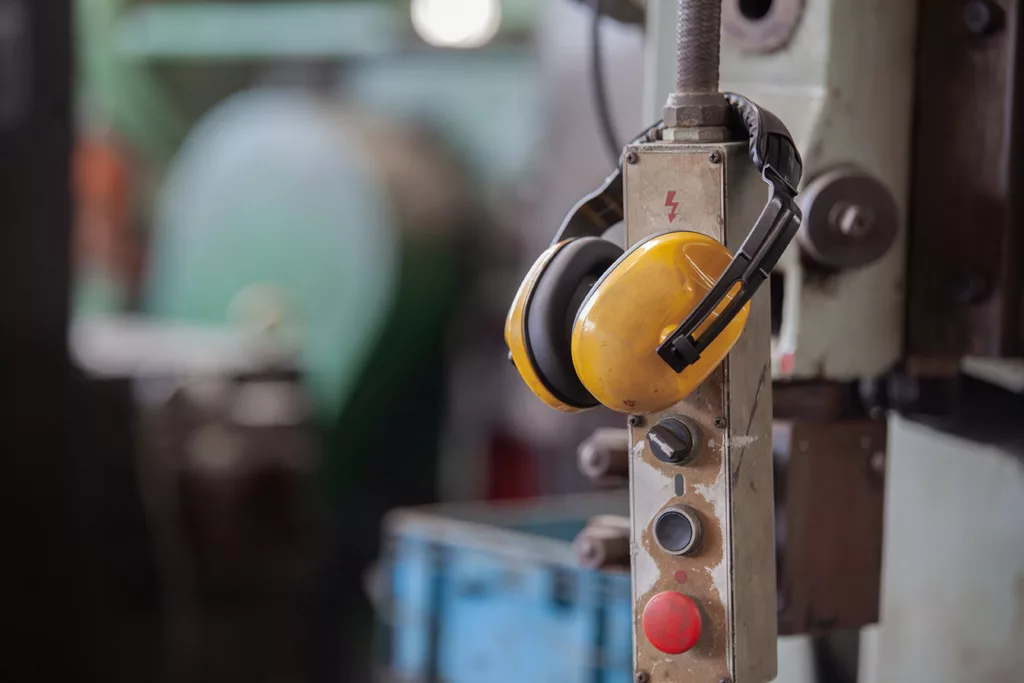
Many professions put workers in loud environments on a daily basis. Most of these types of workplaces are mandated by OSHA (Occupational Safety and Health Administration) to take measures to reduce exposure, mitigate noise levels, and provide personal ear protection.
These professions include, but are not limited to:
- Miners
- First responders
- Airport ground crews
- Manufacturing workers
- Metal and iron workers
- Racecar drivers and pit crews
- Shipyard and railway workers
- Equipment/machinery operators
- Road, bridge, and tunnel builders
- Musicians, stage, and sound crews
- Construction and demolition workers
Some of the things that OSHA advises include:
- Sound barriers
- Sound absorption
- Source enclosures
- Increased insulation
- Engineering options to quiet systems
- Limit exposure with adequate breaks
- Purchasing machines that run more quietly
- Provide and enforce the use of ear protection
- Keeping machines in good repair to avoid louder operation
In addition to the jobs listed above that have obvious exposure to loud noises, there are also careers that have lower levels of noise that can still cause hearing loss over time. These work environments subject workers to things like a constant drone of conversation, blenders, public address systems, music, or periodic use of loud equipment. Remember, when subjected to noise levels of 80 dBA for eight hours or more, damage to your hearing can occur. For individuals who work in places like casinos, night clubs, or busy restaurants, prolonged exposure to noise in these establishments could have damaging effects. To protect your hearing in these loud work environments, wear protection when appropriate, limit exposure, and distance yourself or block yourself from the source, whenever possible.
Protect Your Hearing with Annual Hearing Health Exams
Preparing and adjusting to loud environments with proper preventative measures can protect you from noise-induced hearing loss. By understanding the sound levels that can cause it, you can better protect your hearing around loud noises. We encourage you to take the first step towards protecting your hearing by scheduling a hearing health exam at any of our hearing clinics throughout the United States. Our highly experienced hearing health professionals want you to continue to experience the joy of hearing for years to come!



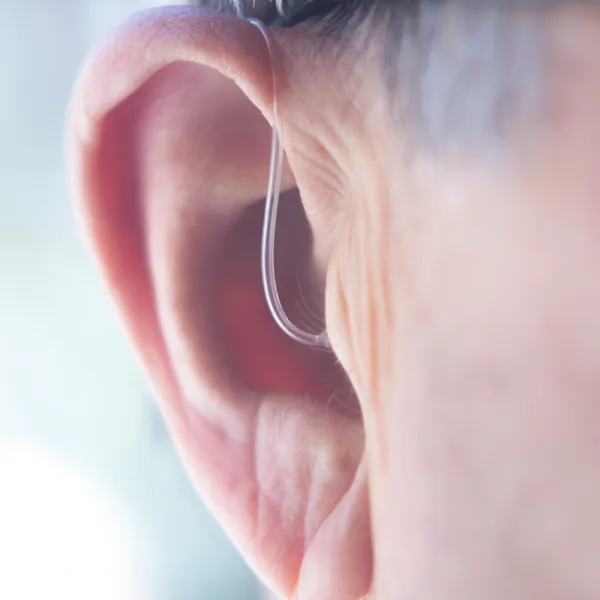
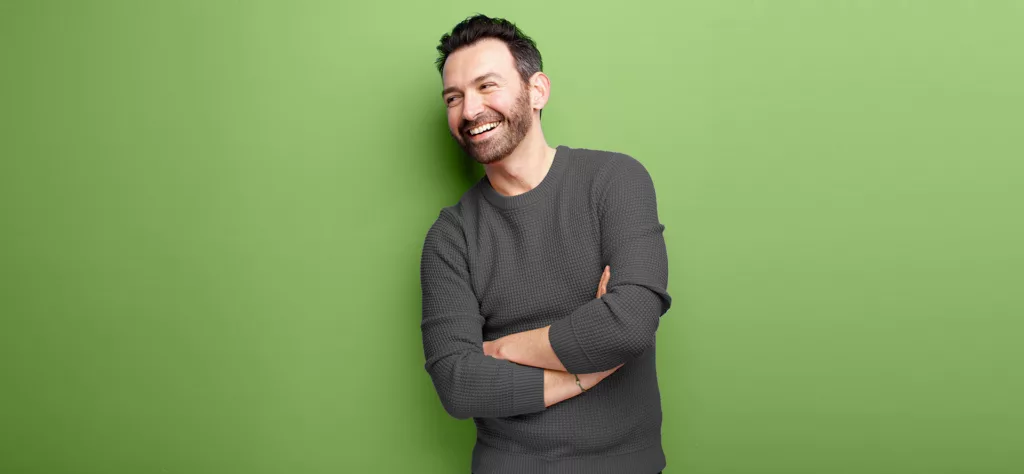
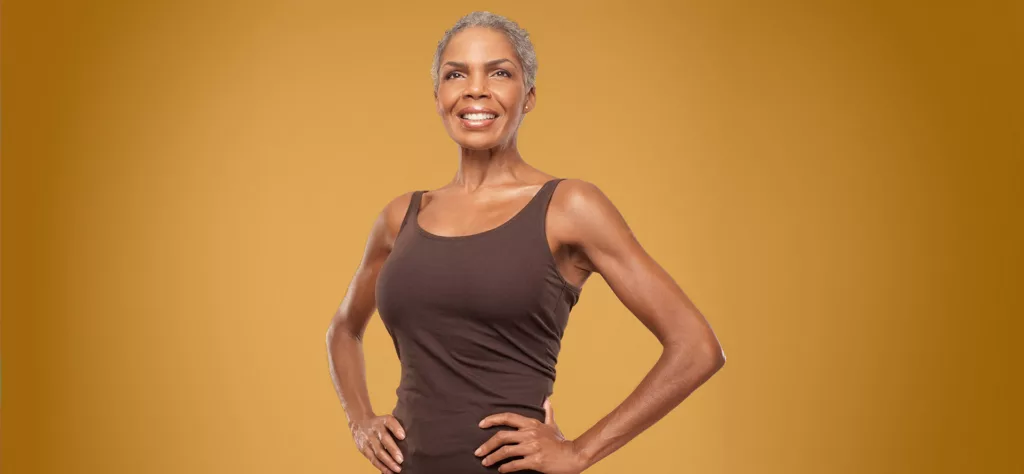

Have a question or Comment?